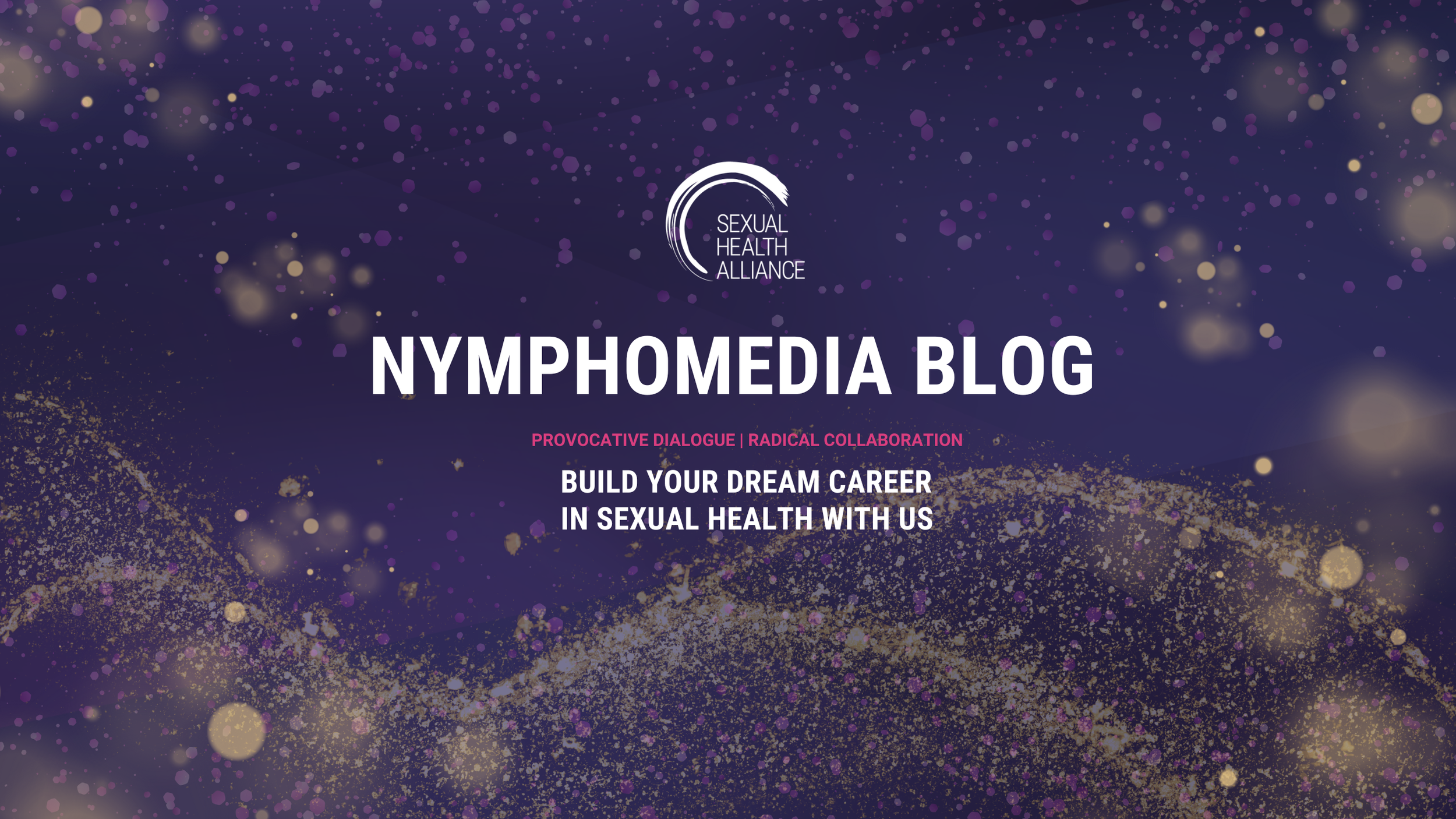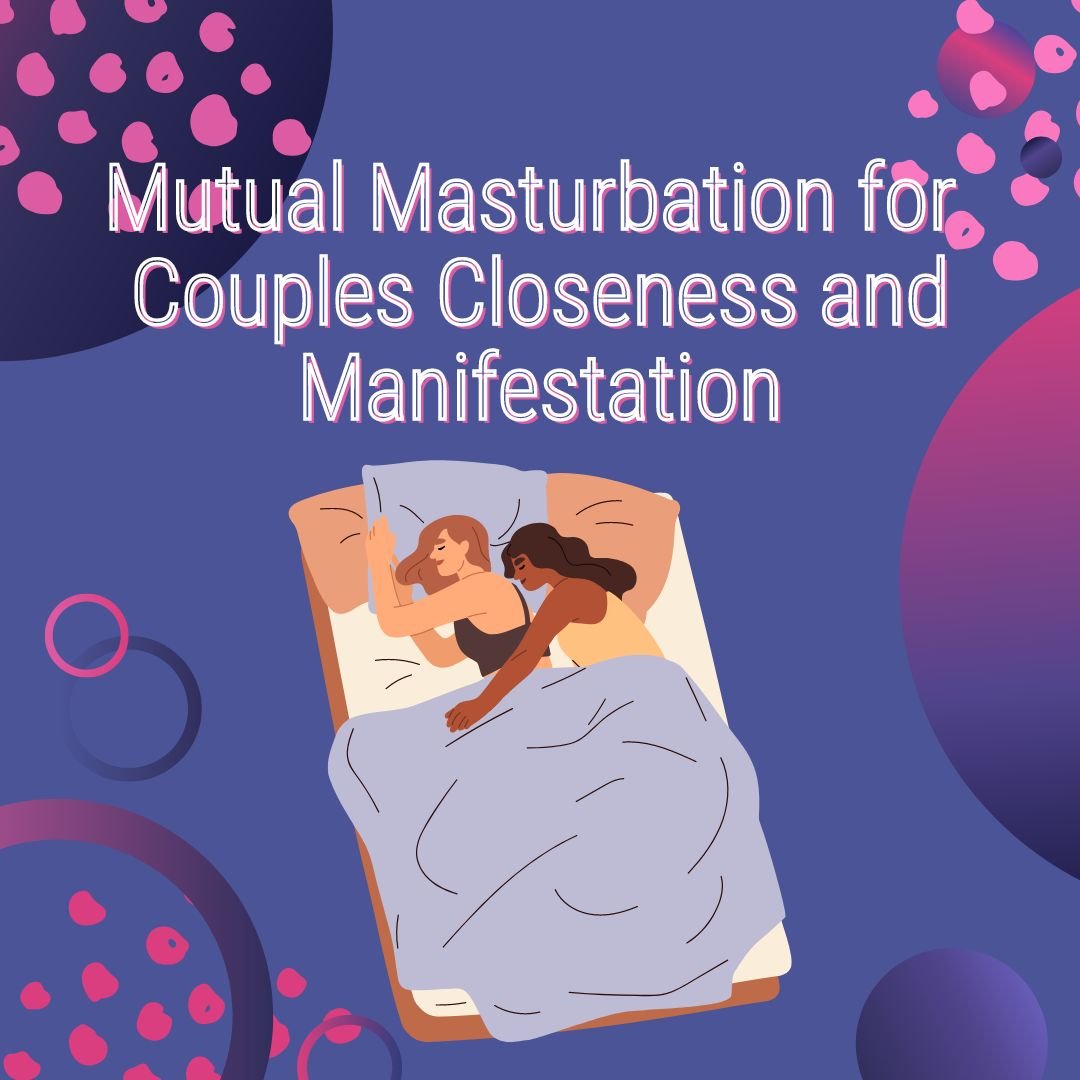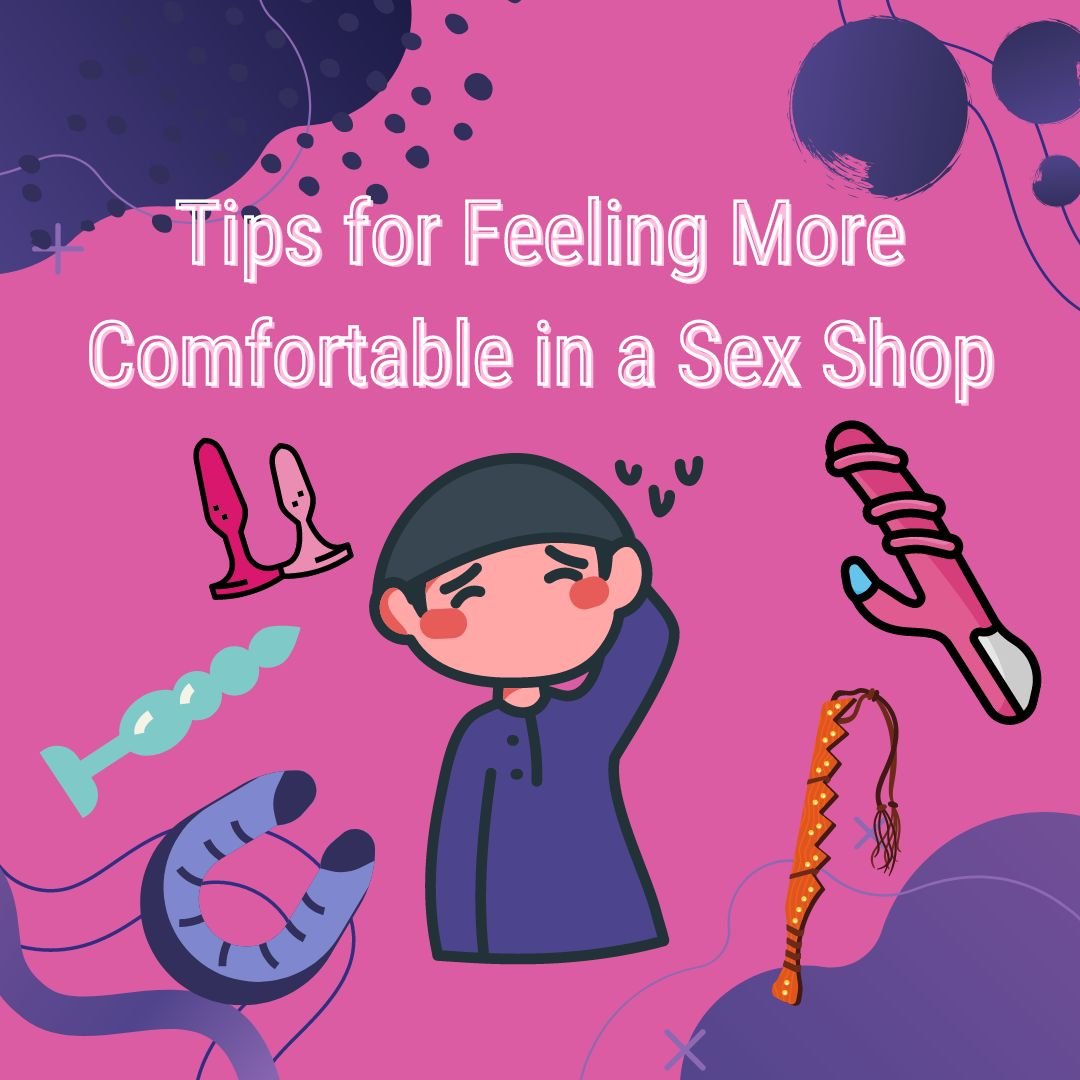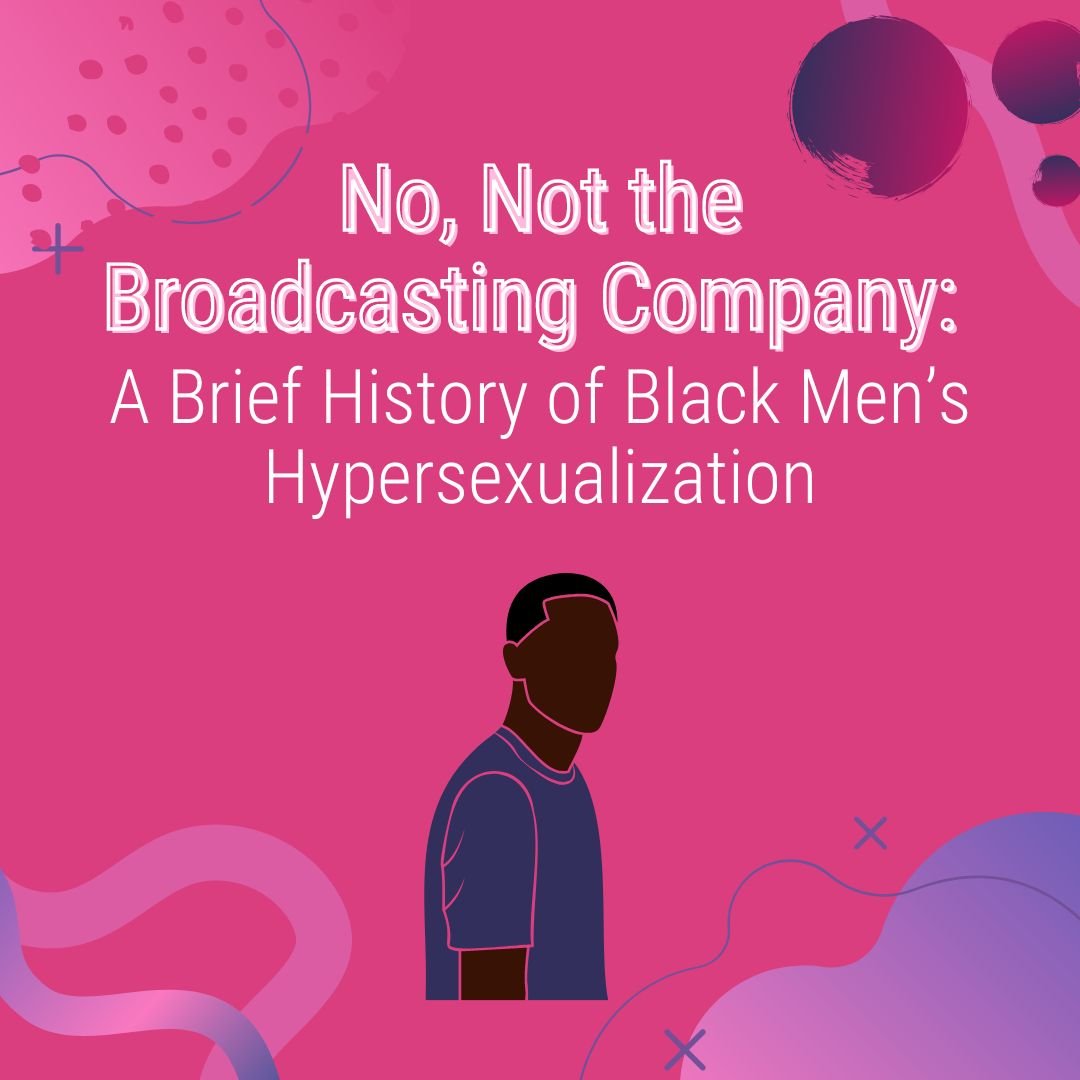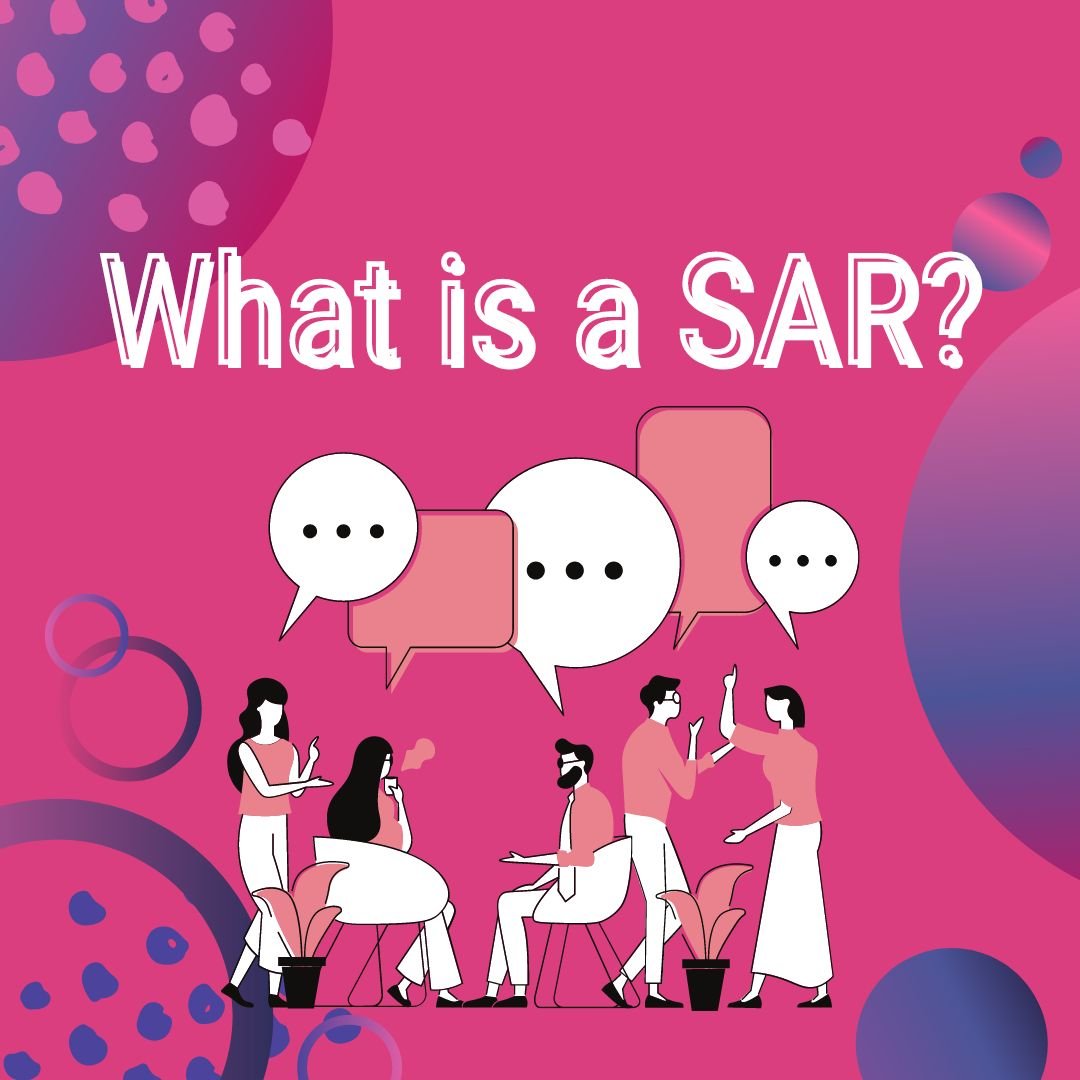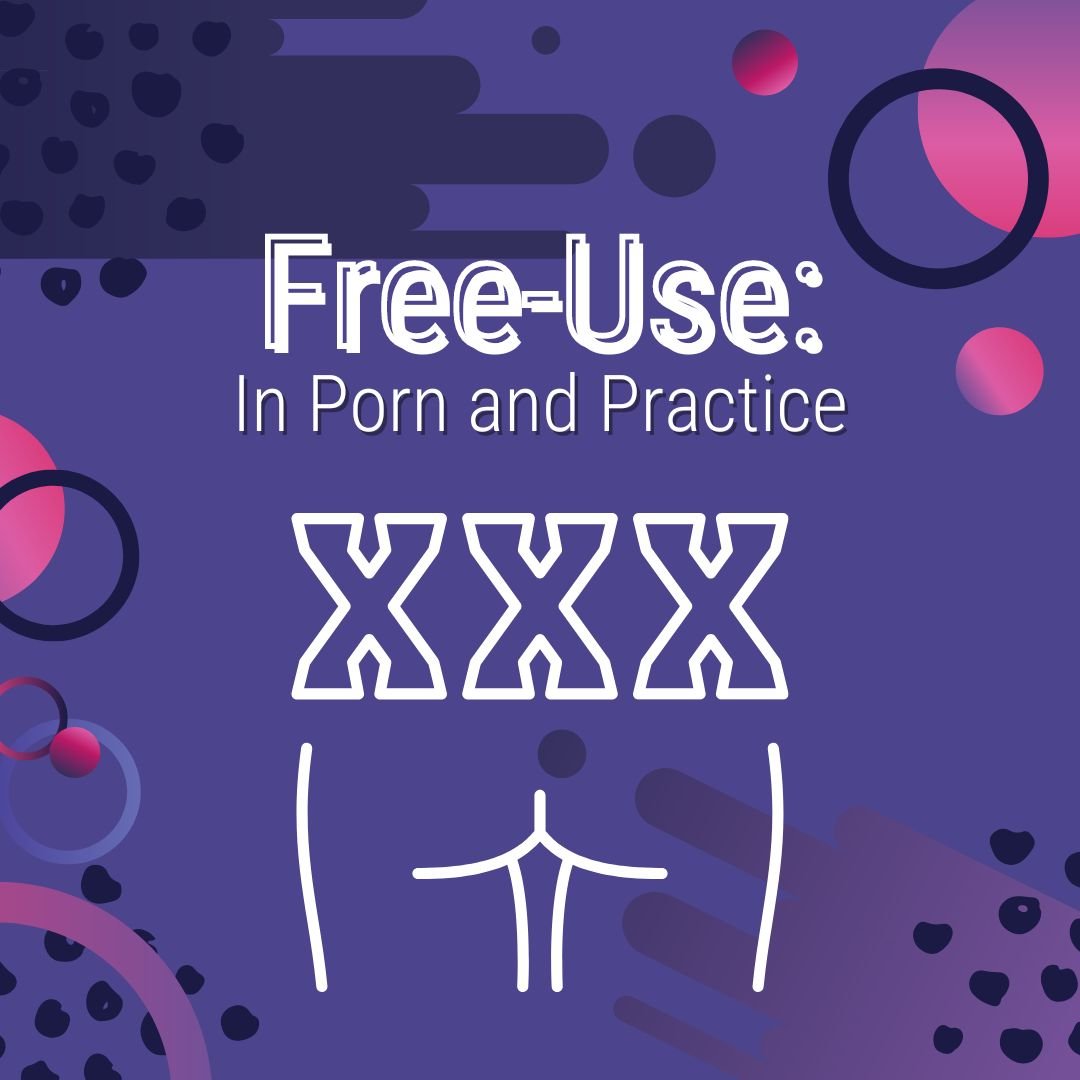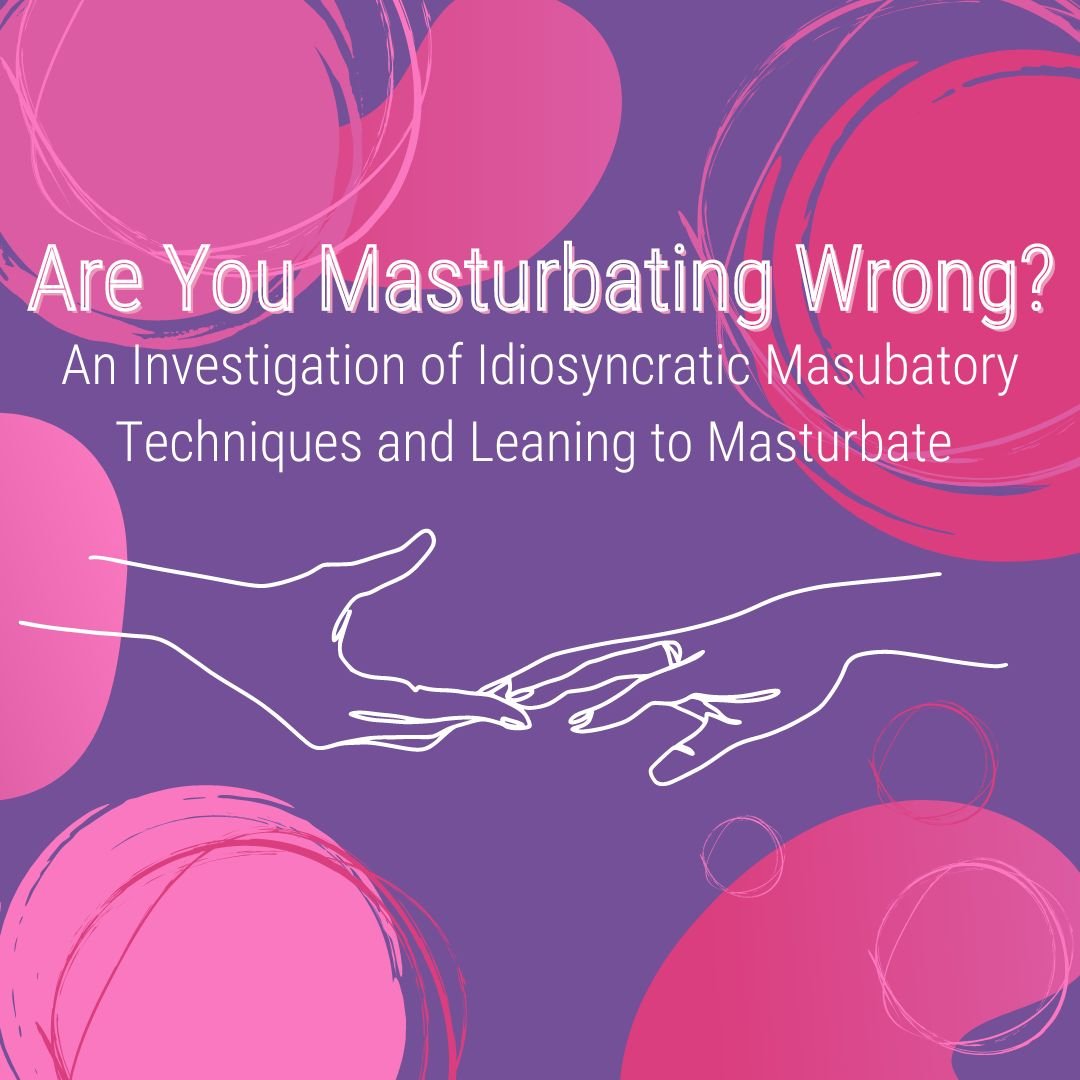You may be surprised to learn that mental health professionals receive little education or training in human sexuality. Sexuality may be included in coursework about domestic violence and compulsive behavior, meaning the information may be sex-negative without sex-positive education to balance it out. Sex therapy training ensures that professionals get information from both sides to better help their clients. Working with a certified sex therapist offers the ability not just to decrease unwanted behaviors but also to increase sexual satisfaction.
Earning AASECT sex therapy certification requires 90 hours of sex education across multiple core knowledge areas such as research methods, gender identity, kink, ethical non-monogamy, sexual orientation, and relationships and communication, among others. This education is paired with 60 hours of training that teaches how to provide sex therapy to clients, 30 of which must be completed in person. An important component of this training is a sexual attitude reassessment or SAR, which helps the sex therapist identify biases about sexuality that might change how they interact with their clients. Although counselors or therapists without sex therapy training may feel qualified to help with sexual issues, their abilities might be limited due to biases they don’t recognize because they haven’t attended a SAR.


